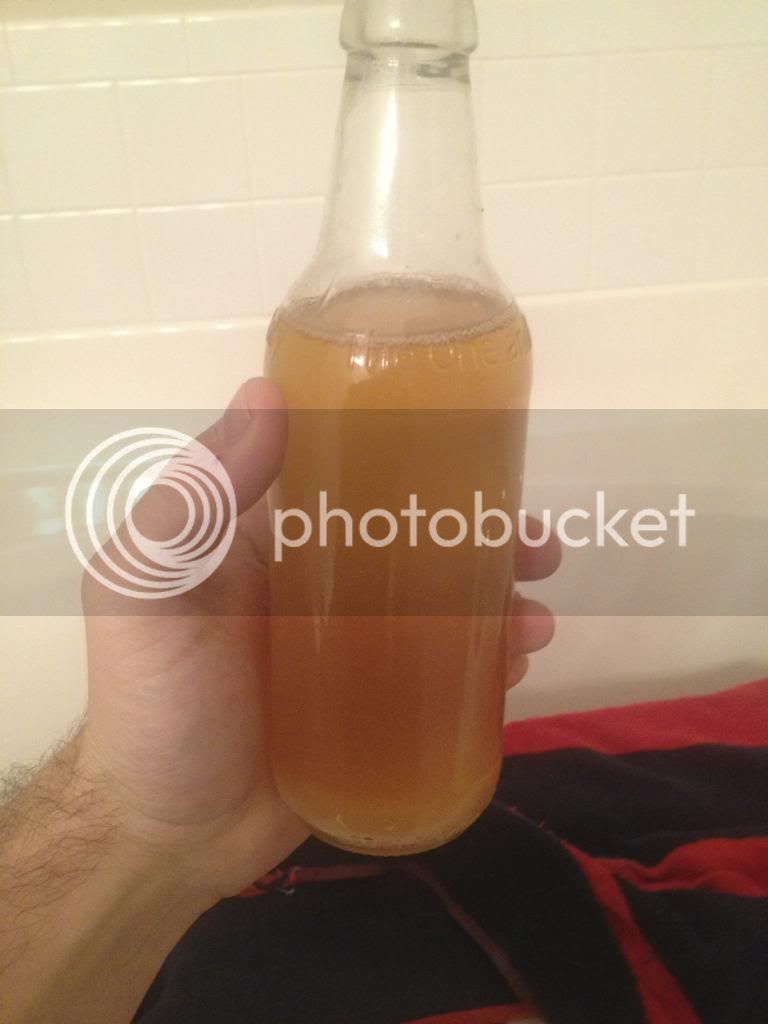So, little problem.
Hope someone can help or advise.
Brewed up 6 gallons of this, adjusted the grain to my efficiency and to 6 from 5.5. Used 4.5 of German pilsner and 7.75 of rahr red wheat. Upped the hop addition to accommodate size and taste.
My original grav came out 1.040, much lower than expected. I think I know the culprit, and will be replacing my thermometer. But the question is this:
I have already pitched yeast. About an hour ago...
Should I add some dissolved dme? Or would it be better (safer) to just leave it be and have a "light hef"...
Thanks in advance!
Hope someone can help or advise.
Brewed up 6 gallons of this, adjusted the grain to my efficiency and to 6 from 5.5. Used 4.5 of German pilsner and 7.75 of rahr red wheat. Upped the hop addition to accommodate size and taste.
My original grav came out 1.040, much lower than expected. I think I know the culprit, and will be replacing my thermometer. But the question is this:
I have already pitched yeast. About an hour ago...
Should I add some dissolved dme? Or would it be better (safer) to just leave it be and have a "light hef"...
Thanks in advance!





